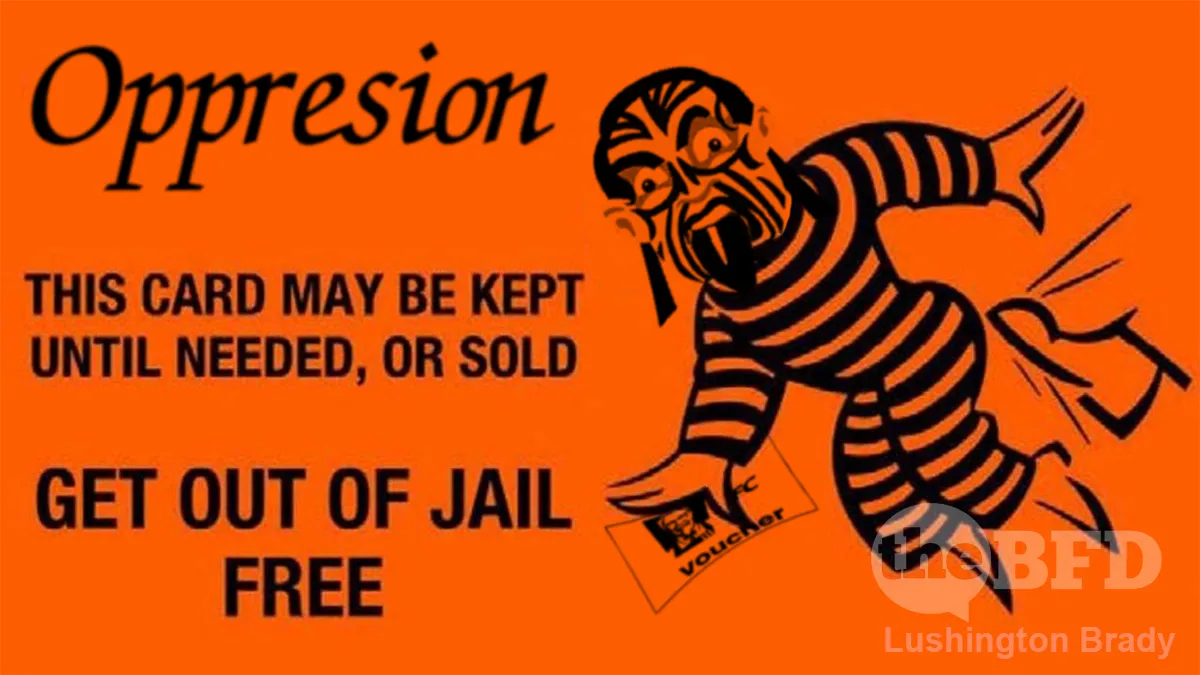Table of Contents
In Philip Pullman’s The Amber Spyglass, a would-be assassin attempts to excise his soul from the stain of murder by “pre-emptive penance”. Every day of his life, Father Luis Gomez performs intense penance for sins he hasn’t committed. The idea is that doing so builds up a “credit bank” of absolution, allowing Gomez to commit the most heinous of sins — murder — while remaining in a state of grace.
The reader, of course, sees through this obvious humbug at once. Unfortunately, it appears the New Zealand legal system is not so savvy.
A 17-year-old mugger who dragged a stranger into the bushes at Auckland’s popular Albert Park and raped her – threatening her at knifepoint while a 15-year-old associate restrained her partner – can now be named, five months after he began serving a prison sentence.
Name suppression finally lapsed today for Peter Kosetatino, whose parole eligibility appears weeks away.
Kosetatino was sentenced in Auckland District Court by Judge Claire Ryan in December to two years, two months and one week in prison for what the judge described as “despicable and disgusting” behaviour.
Just two years? Despite rape carrying a maximum sentence of 20 years, and aggravated robbery up to 14 years. Surely New Zealanders could expect a much harsher penalty for an horrific crime such as this:
The teen had already robbed two men at the same Auckland Central park five days earlier, in November 2022 when he and the 15-year-old accomplice confronted the couple as they strolled through the area about 1am. The victims, both students, were headed home after having spent the evening celebrating the woman’s 21st birthday.
“The young persons brandished the knives at the complainants and threatened them, telling them not to move or they would be stabbed and telling them to get on the ground,” court documents state.
The woman was marched at knife-point into the bushes and raped. Both she and her partner were threatened with being killed.
“This has destroyed me,” the rape victim said while confronting Kosetatino in court last year. “The worst part for me is the nightmares. I wake up drenched in sweat every night.”
She said a two-year prison sentence would be too easy, describing such an outcome as a reason why some rape victims don’t trust the system enough to report such crimes.
So, how did he get off so lightly? By “pre-emptive penance” at the altar of wokeness.
Judge Ryan had begun with a starting point of nine years imprisonment for the rape before uplifting the sentence to 11 years and one month to account for the robberies that Kosetatino also pleaded guilty to. She then applied 77 per cent in discounts – the highest she has ever considered, she noted – for a range of discounts including his guilty pleas, his youth, the fact he had no prior convictions and his “exemplary” efforts at rehabilitation in the months leading up to the hearing.
It gets even more ludicrous.
Defence lawyer Sacha Norrie had sought discounts totalling 110 per cent […] She submitted a new psychological report to the court determining that her client had “exceptionally low” English communication skills and he scored in the range of “low to average” when communicating in Samoan.
How on earth does a violent rapist get “110% sentencing discount”? If the discount is higher than the sentence, does the criminal get a reward?
“The court finds that the defendant did indeed commit a heinous crime, but, taking into account the affects of colonisation, the accused is sentenced to two week’s holiday at a luxury resort, and a cash payment of $100,000 dollars.”
Eligibility to apply for parole generally kicks in when one-third of a sentence has been served – or about eight months in this case. When taking into account the time Kosetatino was in custody prior to his sentencing, it is likely he will be able to begin applying for parole in early June unless Justice Andrew approves the Solicitor General’s request to increase the sentence.
NZ Herald
If only he was transgender, the court would no doubt have sentenced his victim to ten year’s hard labour.









